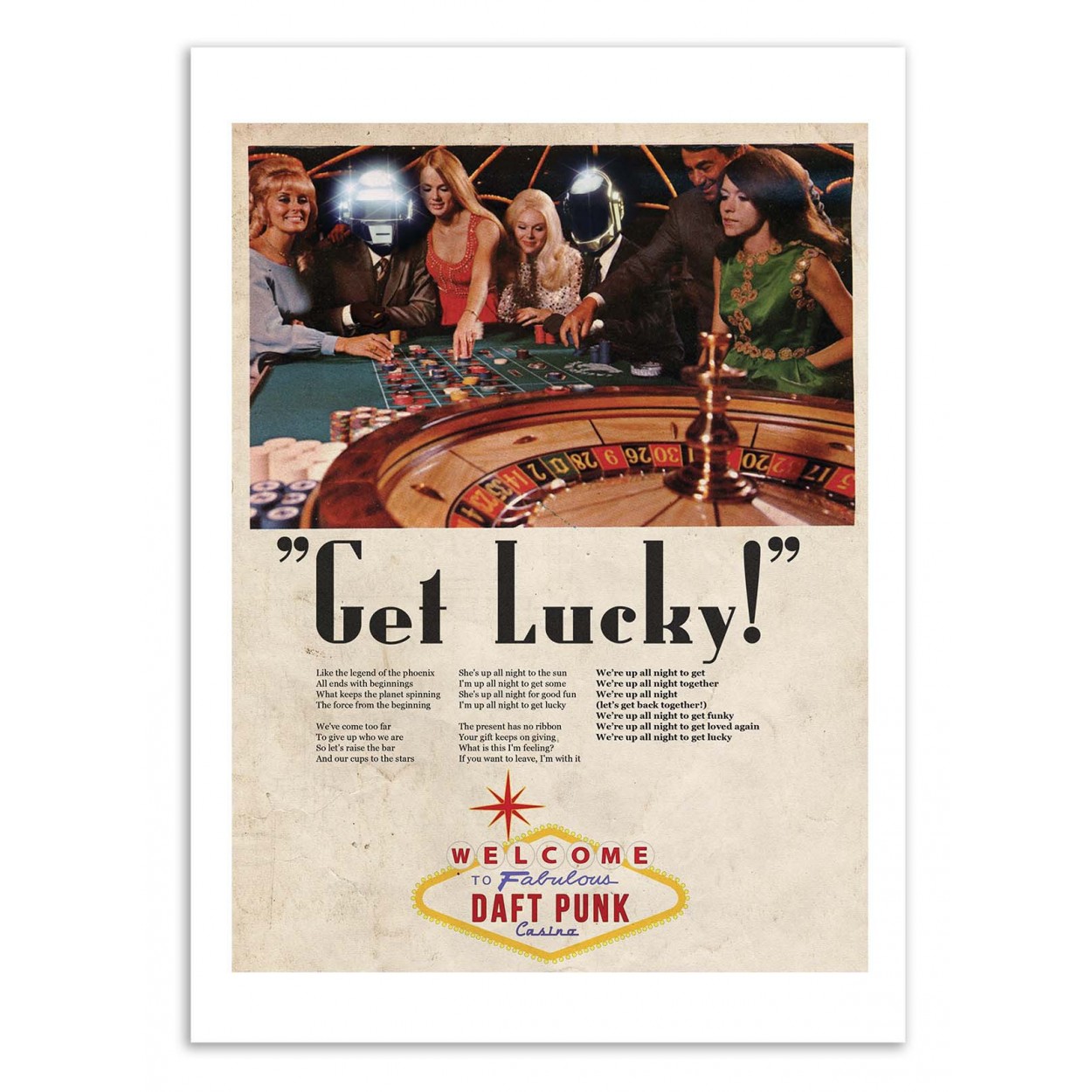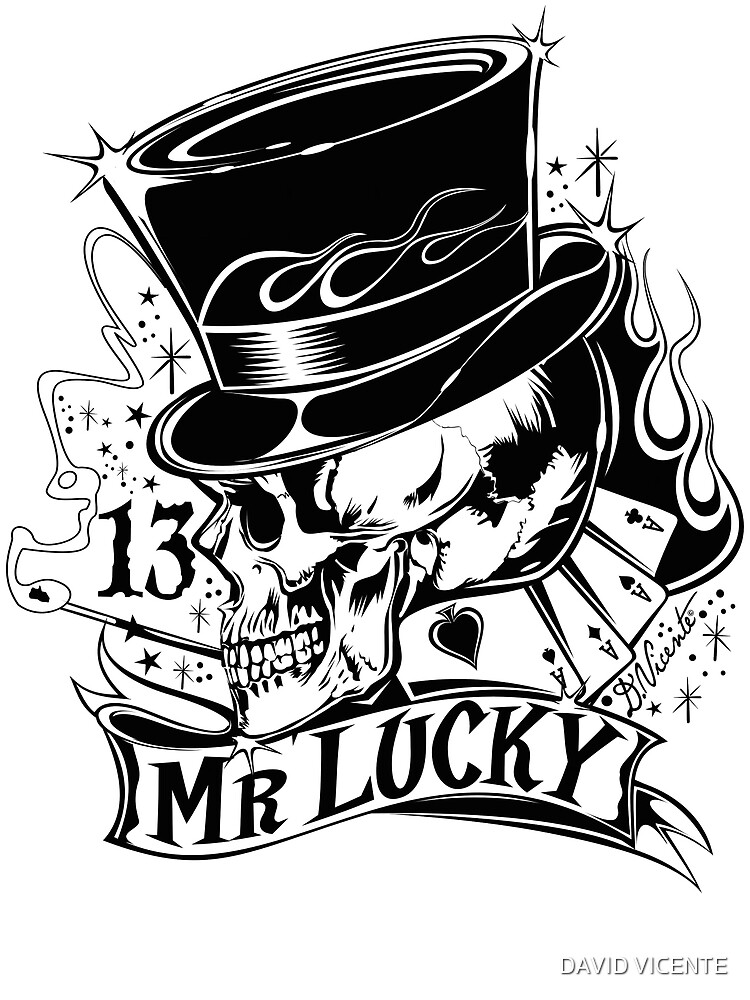

To cope, he walks for miles through a nearly deserted city, smelling only his own breath.


But then the pandemic hits, and like so many others, he’s stuck in lockdown, unable to tour and read for audiences, the part of his work he loves most. As Happy-Go-Lucky opens, he is learning to shoot guns with his sister, visiting muddy flea markets in Serbia, buying gummy worms to feed to ants, and telling his nonagenarian father wheelchair jokes. A few months later, the Sandy Hook massacre happens.Back when restaurant menus were still printed on paper, and wearing a mask-or not-was a decision made mostly on Halloween, David Sedaris spent his time doing normal things. The experience leaves Sedaris cold (although Lisa displays natural aptitude). He describes a visit years ago to a shooting range with his sister Lisa, who decides on a whim they should learn how to use guns. The book’s first essay, “Active Shooter,” is certainly more timely than Sedaris might have hoped. Seeing Hugh’s sorrow, though, is a moment when, “When you realize you’d give anything to make that other person stop hurting, if only so he can tear your head off again.” Sedaris, raised in hurricane country, isn’t much surprised. But it turns poignant when the Sea Section, the vacation home they all share on Emerald Isle, N.C., is destroyed by Hurricane Florence.

The first part of “Hurricane Season” is a funny account of his relationship with Hugh and the bickering between Hugh and the Sedaris family. He writes about other kinds of loss as well. Lou was a character, Sedaris realizes, but that’s what created the tight bond among his children - having to deal with him. They have to tackle the condition of their childhood home, where Lou has been hoarding for several decades - his clothes, some so old they’re rotting, “filled seven large closets, one of them a walk-in, and hung off the shower-curtain rods in all three bathrooms.” Some of the essays reveal less-than-wonderful details about Lou, like his sometimes cruel or creepy behavior toward his kids. You know who’s living a ‘good long life’? Dick Cheney. “As if it worked that way,” Sedaris writes, “and extra years were tacked on for good behavior. When someone says Lou must have been “a wonderful man to have been rewarded with such a long life,” his son fumes. When some mourners call his father “a character,” he provides a wry definition: “A character is what you call a massively difficult person once he has reached the age of eighty-five.” One, “A Better Place,” is a furiously uproarious dissection of the hoary cliches people offer to survivors. Several of this book’s essays deal with what happens when (spoiler alert!) Lou finally does die, at age 98.


 0 kommentar(er)
0 kommentar(er)
